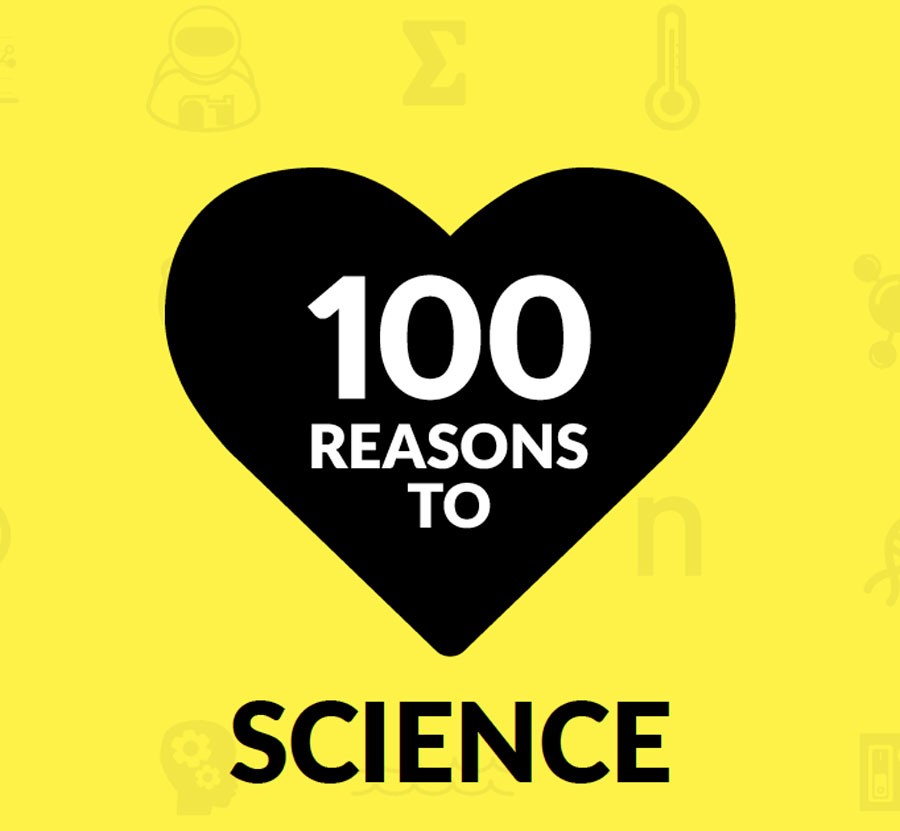Science is everywhere. Understand science and you will see the world differently. The sun becomes a giant nuclear reactor full of beautiful equations keeping us alive, while Facebook can be transformed into maths that describes you and your friends. Whilst the most amazing scientific phenomena are happening inside you right now.
To celebrate 100 years since the Faculty of Science (University of Malta) was founded Think has prepared a focus stuffed with exciting research. Francesca Vassallo explains how crystals are not just pretty rocks but also medicines and life-giving molecules. Claude Bajada writes about the first arithmetic book in Maltese, how microwaves do not harm health, and graph theory, maths that describes networks like Google and Twitter. Focus editor Jessica Edwards finds out about species invading Maltese waters and threatening the environment. Whilst Natasha Padfield talks about climate models for the Mediterranean and how Malta’s air pollution is being sussed. There is a lot more research happening at Faculty that is trying to discover a brighter future, but first a bit of history.





Comments are closed for this article!